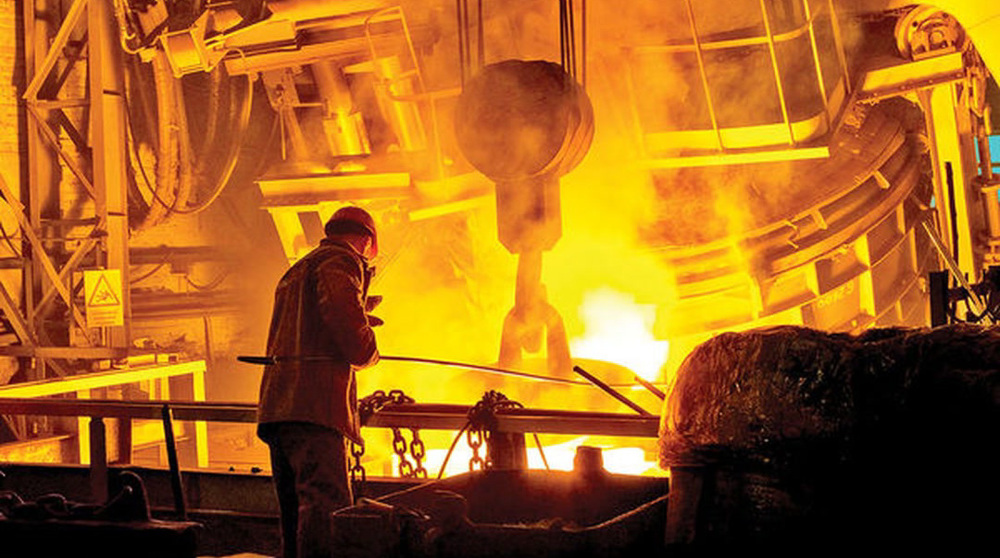Iran, 49 states sign Asia bank charter
Iran on Monday joined 49 countries in signing up to the Asian Infrastructure Investment Bank (AIIB), bringing Asia’s major financial lender a step closer to existence.
Finance and Economy Minister Ali Tayebnia put Iran’s signature to the bank’s articles of association at a ceremony in Beijing’s Great Hall of the People, which capped six months of intense negotiations.
In April, China accepted Iran as a founding member of the Asian Infrastructure Investment Bank being seen as a rival to the US-led World Bank, the International Monetary Fund (IMF) and the Asian Development Bank.
With the signing which amounted to the creation of AIIB’s legal framework, China’s Finance Minister Lou Jiwei said he was confident the bank could start functioning before the end of the year.
Seven more founding members would ink the articles after approval by their respective governments.
The bank will have a capital of $100 billion in the form of shares, each worth $100,000, distributed among the members. Beijing will be by far the largest shareholder at about 30%, followed by India at 8.4% and Russia at 6.5%.
China will also have 26% of the votes which are not enough to give it a veto on decision-making, while smaller members will have larger voice.
Singapore’s Senior Minister for Finance and Transport Josephine Teo said the bank will provide new opportunities for its members’ businesses and promote sustainable growth in Asia.
Seventy-five percent of AIIB’s shares are distributed within the Asian region while the rest is assigned among countries beyond it.

Germany, France and Brazil are among the non-Asian members of the bank despite US efforts to dissuade allies from joining it. Another US ally joining AIIB is Australia but Japan has stayed away from it.
Countries beyond the region can expand their share but the portion cannot be bigger than 30%. Public procurement of the AIIB will be open to all countries around the world.
But the president of the bank will have to be chosen from the Asian region for a maximum of two consecutive five-year terms.
The bank will be headquartered in Beijing and its lean structure will be overseen by an unpaid, non-resident board of directors which, architects say, would save it money and friction in decision-making.
Earlier this month, former Federal Reserve chairman Ben Bernanke rebuked US lawmakers for allowing China to found the new bank, which threatens to upend Washington's domination over the world economic order.
He said lawmakers were to blame because they refused to agree 2010 reforms that would have given greater clout to China and other emerging powers in the International Monetary Fund.
HB/HB
Hezbollah strikes Israeli bases with drones, missiles
Iran calls for action in defense of Palestinian women
VIDEO | Sydney protests demand action as Israel faces ICC warrant for war crimes
VIDEO | Arrest warrant for Israeli war criminals
Iran to host ‘important’ ECO foreign ministers' meeting in Mashhad
Wounded in Israeli strike, health of Kamal Adwan Hospital's director worsens
VIDEO | Press TV's News Headlines
Iran reports 11% drop in domestic red meat supply










 This makes it easy to access the Press TV website
This makes it easy to access the Press TV website